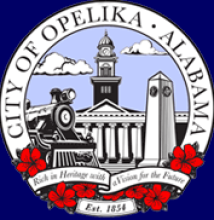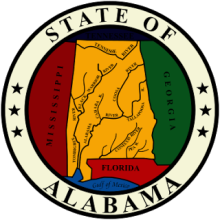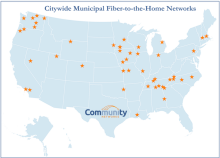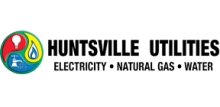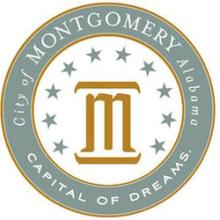New State Laws Ease the Way for Electric Co-op Broadband
Across the country, state legislatures are ushering in better rural connectivity by passing new laws that enable electric cooperatives to expand high-quality Internet access. In recent years, much of this legislation has authorized co-ops to deploy broadband infrastructure along existing electric easements. Other bills have removed restrictions that previously prevented electric co-ops from providing Internet access. Together, the new legislation makes it easier for electric cooperatives to bring high-speed broadband access to their members, signaling a brighter future for unconnected rural communities
Indiana in the Lead
Indiana’s state legislature was ahead of the curve when it passed SB 478, the Facilitating Internet Broadband Rural Expansion (FIBRE) Act back in 2017. The FIBRE Act permits electric cooperatives to use easements for their electric poles to also deploy broadband networks. Before the General Assembly passed this legislation, cooperatives that wanted to install communications infrastructure, such as fiber optic lines, along their electric easements would have to gain permission from each individual landowner to attach fiber to the existing poles.
Since the passage of the FIBRE Act two years ago, a number of Indiana electric cooperatives have embarked on broadband projects, including Jackson County Rural Electric Membership Corporation (REMC), South Central Indiana REMC, Orange County REMC, and Tipmont REMC. At the announcement event for South Central Indiana REMC’s fiber project, State Senator Eric Koch, author of SB 478, noted that state legislation like the FIBRE Act was enabling electric cooperatives to expand modern connectivity to rural Indiana.
State Laws Advance Co-op Broadband




